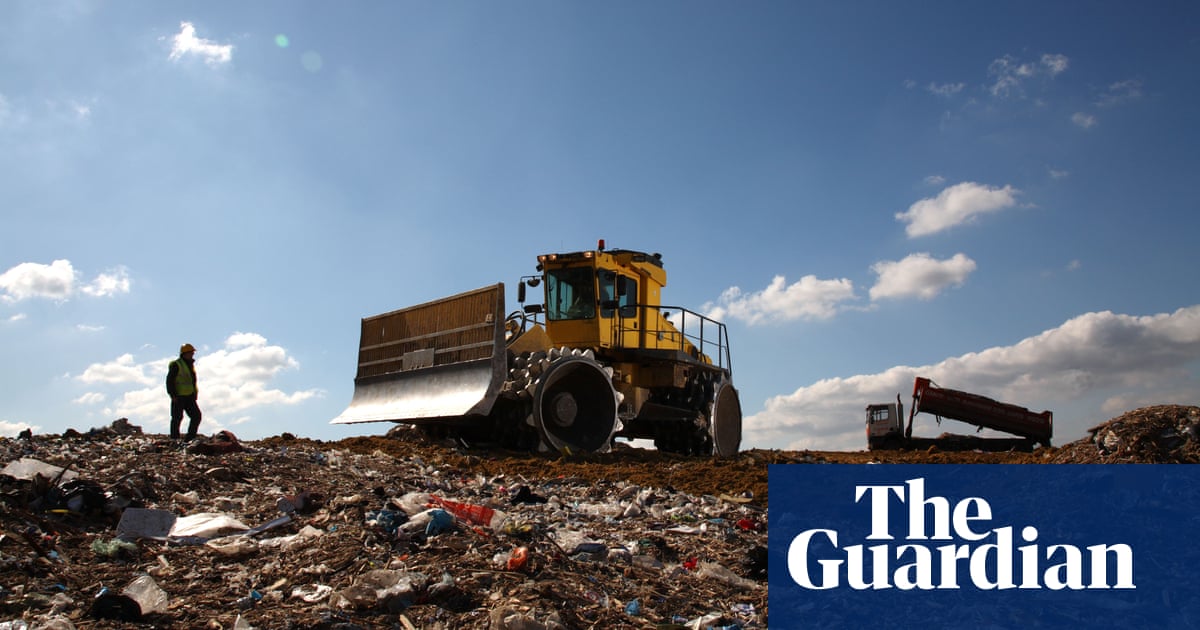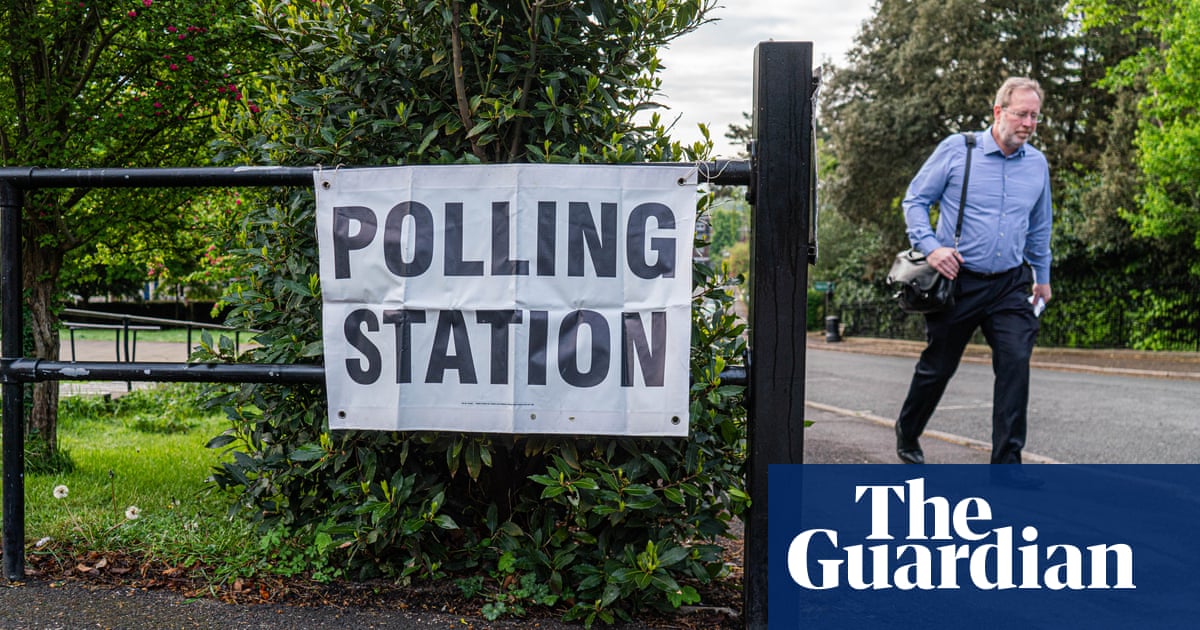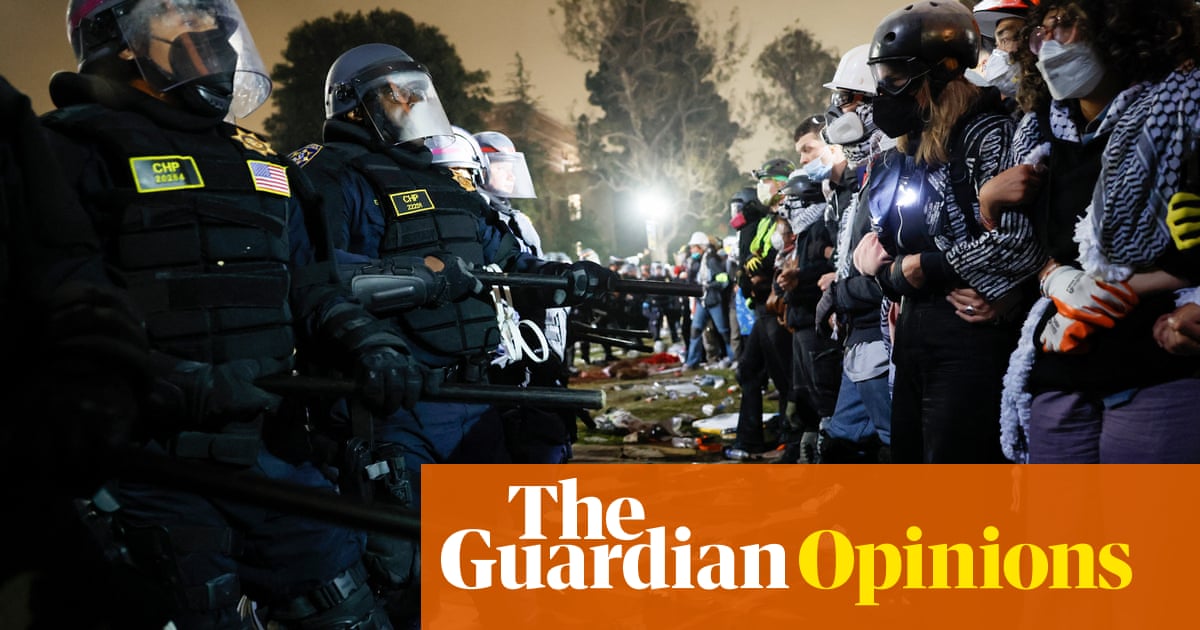A rise in the number of antisemitic incidents in the UK since the 7 October Hamas attacks and the Gaza war has shifted attitudes among British Jews towards emigrating to Israel, experts say.
Demographers at the Institute for Jewish Policy Research (JPR) thinktank said British Jews considering settling in Israel – known as “making aliyah” – were now more likely to “take the next step”.
Antisemitic incidents reached the highest level recorded, the monitoring and community safety organisation the Community Security Trust (CST) said. In the 12 months after the 7 October attacks there were 5,583 incidents in the UK – including abusive behaviour, threats, assaults, damage and desecration – a 204% year-on-year increase.
The CST said it was hopeful the Israel-Hamas ceasefire would improve matters, but added “it is too early for us to assume that antisemitism, or the broader threats facing our community, will diminish”.
JPR’s executive director, Jonathan Boyd, said antisemitism was influencing decisions about migration, but said claims of a UK “Jewish exodus” were “alarmist”.
In 2022, when asked “how likely is it that you will emigrate to Israel in the next five years?”, 73% of respondents to JPR’s Jewish current affairs survey said they were “very unlikely” to emigrate, but that percentage fell to 65% in 2024. Those who felt themselves “very likely” increased from 5% to 6%.
“It looks as if wherever people were on that question, they have moved up one notch from where they were,” Boyd told the Guardian. “There’s a sense people feel more uneasy about their place in British society.
“All of these things that have been going on since 7 October contribute to people saying, is this where I want to spend my life? I think often it’s sensationalised, but there is something going on, there is a shift.”
The comments come as 50 survivors of the Auschwitz concentration camp join world leaders at the site of the former concentration camp in southern Poland to mark the 80th anniversary of its liberation.
A report by the equality thinktank Runnymede Foundation said current approaches to tackling antisemitism were not working, warning of a “growing feeling of insecurity among many Jewish people”.
Meanwhile, Marc Levy, the CEO of the Jewish Representative Council of Greater Manchester, said many in the region’s tight-knit community, which experienced the highest number of incidents outside the capital, were so “rattled” they “don’t see a future in the UK”.
Boyd said the numbers of people moving to Israel from the UK remained “stable”, but could increase in the event of a serious economic downturn or social unrest.
Figures from Israel’s Central Bureau of Statistics show 520 people migrated from the UK to Israel between January and November 2024, a year-on-year increase of 46%. But this came after what the JPR describes as an “unusually low” number of UK emigrants to Israel in 2023, amid political and security crises.
The JPR projects, based on monthly averages, that the final number for 2024, with December’s official figures not yet available, will be “about 570”, above the historical yearly average by about 15%, but below 2009’s high of 708, and “counter-balanced” by people migrating in the other direction.
“Clearly Britain is physically a safer place for Jews than Israel, but if you feel the vibrancy of Jewish communal life is in some way compromised here, in Israel you have the only place that puts Jewishness front and centre,” Boyd said. “If that matters to you, you are willing to take those risks about security.”
Official figures show the largest number of migrants to Israel from January to November 2024 came from “former USSR countries” combined at 20,509, followed by the US at 2,597, France at 1,864, then the UK.
Calling antisemitism a “stain on British society”, Prof David Feldman, co-author of the Runnymede Trust’s antisemitism report, called for “alliances between Jewish people and other racialised minorities”, adding: “Antiracism must inform what we do, not only when confronting antisemitism in the UK, but also when we address the status and treatment of Palestinians.”
Levy said Jewish community life “behind gates and security guards” had become “normalised” in the UK, adding: “As a Jewish person [post-October 7] a lot of the time you were looking around for solidarity and there wasn’t any. I’m hoping with the ceasefire things will calm down and we can start rebuilding our friendships.”

.png) 2 months ago
30
2 months ago
30













































